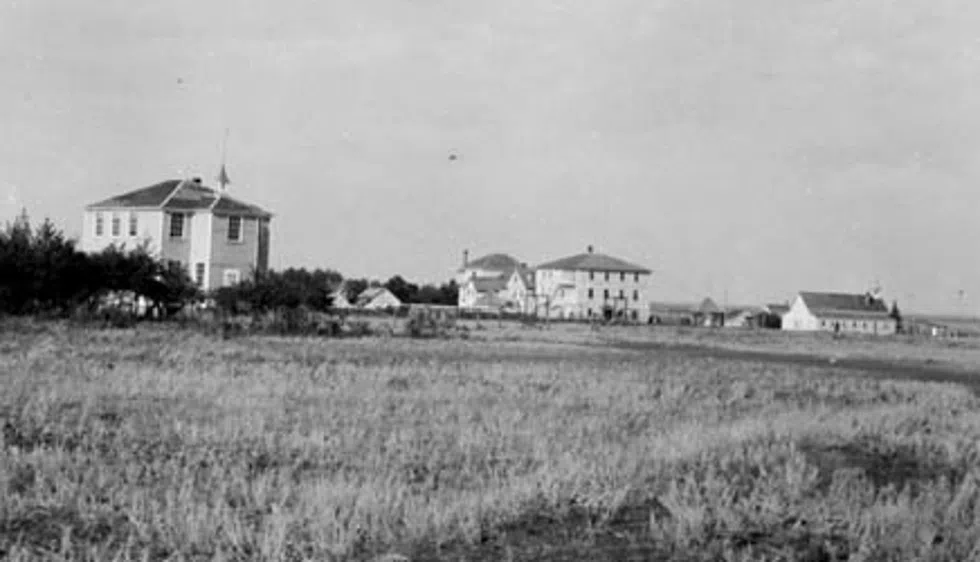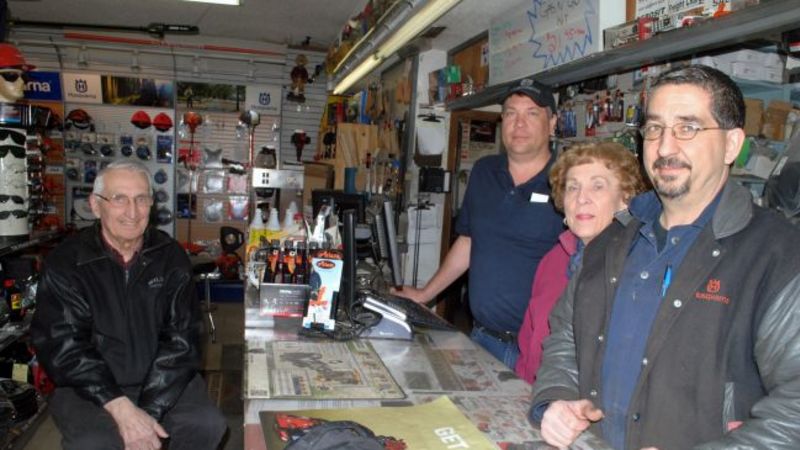
Using reconciliation to educate about residential schools
Following yesterday’s article taking a look at the Saskatchewan Rivers Public School Board’s approach to residential school education for teachers, we’re taking a look at the Prince Albert Catholic School Board’s approach.
Teachers within the Prince Albert Roman Catholic School system are approaching residential school education through reconciliation.
Lorel Trumier, the education director for the Prince Albert Catholic School Division (PACSD) said their schools have taken part in reconciliation and residential school education seminars for the last five years.
“Anytime a historical event occurred, we, the royal we, we’re all part of that problem,” Trumier said. “That means we… must attend to be part of the solution.”


